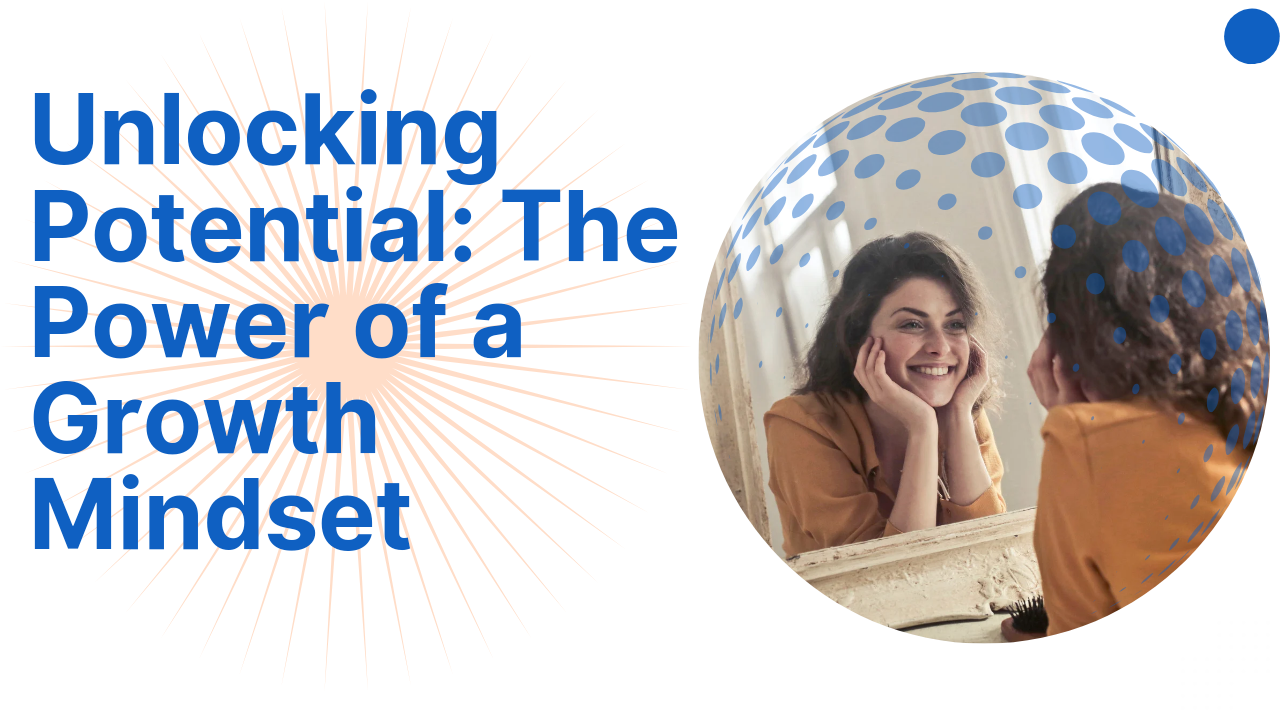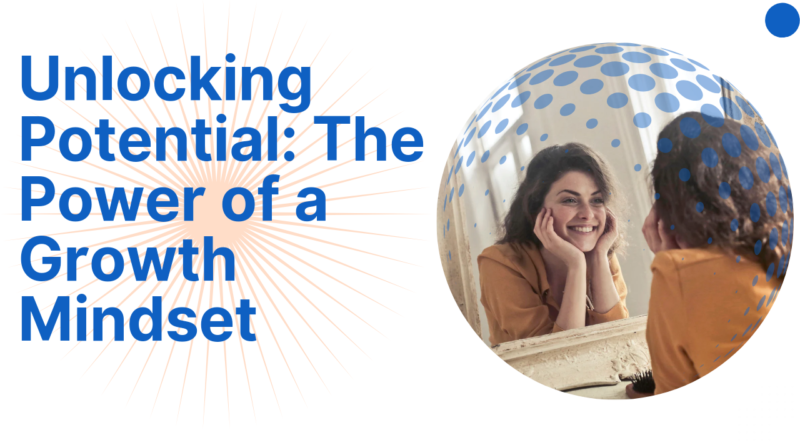Unlocking Potential: The Power of a Growth Mindset
The pursuit of personal and professional development, the concept of a growth mindset represents a profound shift in how we approach learning and achievement. Introduced by psychologist Carol Dweck, the growth mindset contrasts with the fixed mindset, and its impact extends far beyond academic success, influencing various facets of life, including career progression, relationships, and overall well-being. Understanding and adopting a growth mindset can be transformative, unlocking untapped potential and driving meaningful progress.
Defining a Growth Mindset
A growth mindset is the belief that one’s abilities and intelligence can be developed through dedication, effort, and a willingness to learn. This perspective stands in stark contrast to a fixed mindset, which holds that abilities are static and predetermined. People with a fixed mindset may believe that their skills and intelligence are innate and unchangeable, leading them to avoid challenges and give up easily when faced with difficulties. In contrast, those with a growth mindset see challenges as opportunities for growth and view effort as a path to mastery.
The Neuroscience of Growth
The idea of a growth mindset is supported by advances in neuroscience, which highlight the brain’s remarkable capacity for change. Neuroplasticity, the brain’s ability to reorganize itself by forming new neural connections throughout life, underscores the potential for continuous learning and adaptation. Research has shown that engaging in new and challenging activities can lead to the growth of new neural pathways, enhancing cognitive function and fostering skill development.
The Impact of a Growth Mindset on Learning and Achievement
- Embracing Challenges A growth mindset encourages individuals to embrace challenges rather than shy away from them. When faced with a difficult task, those with a growth mindset are more likely to approach it with curiosity and determination. For example, Thomas Edison’s famous perseverance through numerous failures before inventing the practical light bulb exemplifies the growth mindset in action. Rather than viewing each failed attempt as a setback, Edison saw them as crucial steps towards eventual success.
- Effort and Persistence People with a growth mindset understand that effort is essential for achieving goals. They are more inclined to put in the necessary work to overcome obstacles and improve their skills. A classic example is Michael Jordan, who was famously cut from his high school basketball team. Instead of giving up, Jordan used this setback as motivation to work even harder, ultimately becoming one of the greatest basketball players of all time.
- Learning from Criticism Constructive criticism is embraced by those with a growth mindset as a valuable source of feedback. They use criticism to identify areas for improvement and refine their strategies. For instance, famous author J.K. Rowling faced numerous rejections from publishers before Harry Potter was finally accepted. Rowling’s ability to learn from feedback and persist through criticism played a significant role in her eventual success.
- Inspiration from Others Rather than feeling envious of others’ success, individuals with a growth mindset find inspiration in it. They analyze successful people’s strategies and behaviors, learning from their experiences. This approach fosters a culture of continuous improvement and collaboration. For instance, in the tech industry, companies like Google and Apple often look to competitors for inspiration and innovation, driving their own growth and advancement.

Practical Strategies for Cultivating a Growth Mindset
- Embrace Challenges Actively seek out new and challenging experiences. This could involve taking on complex projects at work, learning a new skill, or engaging in activities outside your comfort zone. By confronting challenges head-on, you foster resilience and adaptability.
- Cultivate Curiosity Develop a sense of curiosity and a desire to explore new ideas. This can be achieved by pursuing hobbies, engaging in diverse learning opportunities, and staying open to new experiences. Curiosity drives learning and supports a growth-oriented mindset.
- Reframe Failures View failures as valuable learning experiences rather than personal shortcomings. Analyze what went wrong, adjust your approach, and apply the lessons learned to future endeavors. This perspective helps build resilience and encourages a positive outlook on setbacks.
- Set Incremental Goals Break down larger goals into smaller, manageable tasks. This approach allows for regular feedback and adjustments, helping to maintain motivation and track progress. Celebrate each small achievement as a step towards your larger goal.
- Celebrate Effort Recognize and reward effort and progress, not just the end results. This reinforces the value of hard work and perseverance, encouraging a mindset that values continuous improvement.
- Surround Yourself with Growth-Minded Individuals Engage with people who exemplify a growth mindset and support your development. Their attitudes and behaviors can reinforce your own mindset and provide valuable support and inspiration. Being part of a growth-oriented community can enhance your own growth journey.
The Broader Implications of a Growth Mindset
The benefits of a growth mindset extend beyond individual achievement. In educational settings, students who adopt a growth mindset tend to show greater academic success and engagement. They are more likely to embrace learning opportunities and persevere through academic challenges.
In the workplace, a growth mindset fosters innovation, collaboration, and adaptability. Organizations that encourage a growth mindset are better equipped to navigate changes and drive progress. Companies like Microsoft have implemented growth mindset principles to cultivate a culture of continuous learning and development, leading to greater overall success.
Furthermore, a growth mindset promotes inclusivity and personal development. Through valuing effort and growth, we create environments where individuals are encouraged to reach their full potential. This approach supports a more equitable and dynamic society, where everyone has the opportunity to contribute and thrive.
The power of a growth mindset lies in its ability to transform how we approach challenges, setbacks, and opportunities. By embracing the belief that abilities can be developed through effort and learning. Idividualsndividuals unlock their potential and open doors to new possibilities. Whether in personal growth, education, or professional development, a growth mindset serves as a powerful tool for achieving success and fostering a culture of continuous improvement. Adopting this mindset can lead to profound changes in how we learn, achieve, and ultimately, thrive.

